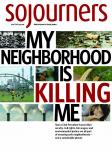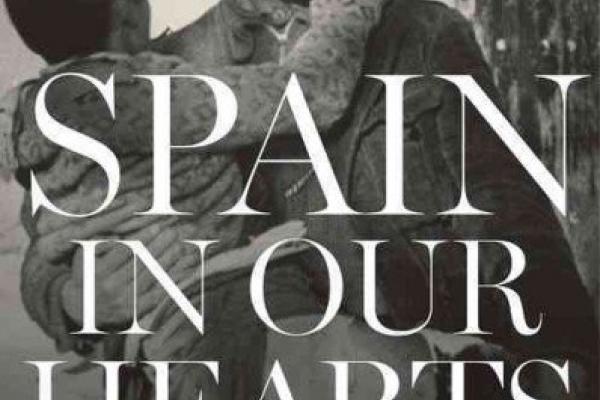FUELED BY DEEP economic insecurity, terrorist acts, and an influx of thousands of Middle Eastern refugees fleeing their homelands, a slew of bellicose, ultra-right-wing parties throughout Europe are gaining popularity in 2016.
Some are reminded of the 1930s when fascists Adolf Hitler and Benito Mussolini and communist strongman Joseph Stalin all held power, along with dictators in several smaller states.
Today’s mostly democratically led Europe, of course, is a far cry from that bloody, disastrous decade, but the real angst that prevails still gives cause for alarm and analysis. In Spain in Our Hearts: Americans in the Spanish Civil War, 1936-1939, veteran journalist Adam Hochschild takes us back to what is seen as an important prelude to World War II.
In 1936, a broad coalition of mainly left-wing parties—liberals, socialists, anarchists, and communists—narrowly won national elections in Spain. In response Spanish Gen. Francisco Franco, supported by the fascist governments of Hitler and Mussolini, launched a rebellion against the new government. The left-leaning government forces and its supporters became collectively known as the Republicans; Franco and his coalition of the military, landed aristocracy, and most of the Catholic Church hierarchy were known as the Nationalists. This conflict, a democratically elected government attempting to fight off a fascist uprising, became the focus of international attention.
Hochschild explores the passion, commitment, and dangerous “boots on the ground” actions by Americans who volunteered to fight the fascists in Spain. Hochschild has excavated a rich trove of memoirs, letters, and unpublished books that these volunteers left behind.
The Republicans had only one foreign government supporting it, the Soviet Union, which was still seen by many at that time as a country on the side of workers, “a place,” writes Hochschild, “onto which millions of people projected their hopes.” The major European democracies, along with the U.S., opted against getting involved in Spain’s civil war.
Close to half of the American volunteers to fight for the Republicans were Jewish, most often working-class trade unionists from New York City. “For us it wasn’t Franco, it was always Hitler,” one volunteer poignantly remarked. Many had no military training and were placed in dangerous situations with rusty military equipment handed out by Soviet soldiers. There were also black volunteers, some of them angry about Mussolini’s war on Ethiopia. Of 2,800 volunteers, 750 died, “a far higher death rate than the U.S. military suffered in any of its 20th-century wars.”
One of the casualties was Bob Merriman, a Berkeley-trained economist with only ROTC training, who eventually lost his life in battle. Ernest Hemingway, who covered the war as a journalist, used Merriman as the model for the main character, Robert Jordan, in his novel For Whom the Bells Tolls. “The novel showed a more capacious political understanding of the war than [Hemingway’s] journalism,” writes Hochschild. Hemingway, like a number of other Western reporters who strongly sympathized with the Republicans, often omitted information that reflected badly on them or their Soviet supporters in his newspaper articles. British writer George Orwell, on the other hand, in Spain both to fight for the Republicans and report on the war, would write of Soviet-controlled troops shooting other Republican troops that were not under Stalin’s control, disproving the notion that Stalin could be trusted. On the battlefields, ideologies and idealism became a bloody mess.
Hochschild writes of a Massachusetts social worker who went to Spain in 2012 to pay tribute to her uncle who had died there. Kneeling where the battle had been fought, she said, “I told him we honored his goodness and idealism and that the world turned out to be a much more politically complicated truth than he could have known. ... Then I paused, and somehow I managed to say kaddish.”
Maybe because of those complicated truths, we can’t afford to forget about the Spanish Civil War. Unlike WWII, it shows the full, bloody horror of fascist victory. Franco remained in power for 35 years. As ultra-right parties emerge and flourish in the 21st century, demonstrations, sit-ins, and other peaceful populist reactions against demagogues will become increasingly important. Famed British historian Richard J. Evans, an expert on the Third Reich, once remarked in a graduate seminar at Columbia University, “My view is that Hitler’s rise to power was not pre-destined by German history. Things could have gone in a very different direction. Along the way, there were numerous opportunities for Germans to speak up and stop Hitler early on. Very few did this.”

Got something to say about what you're reading? We value your feedback!
